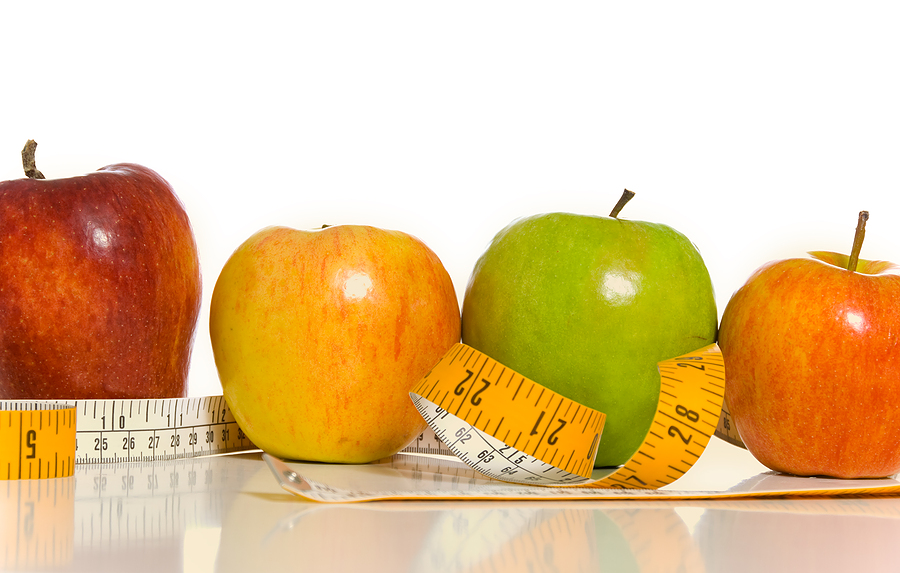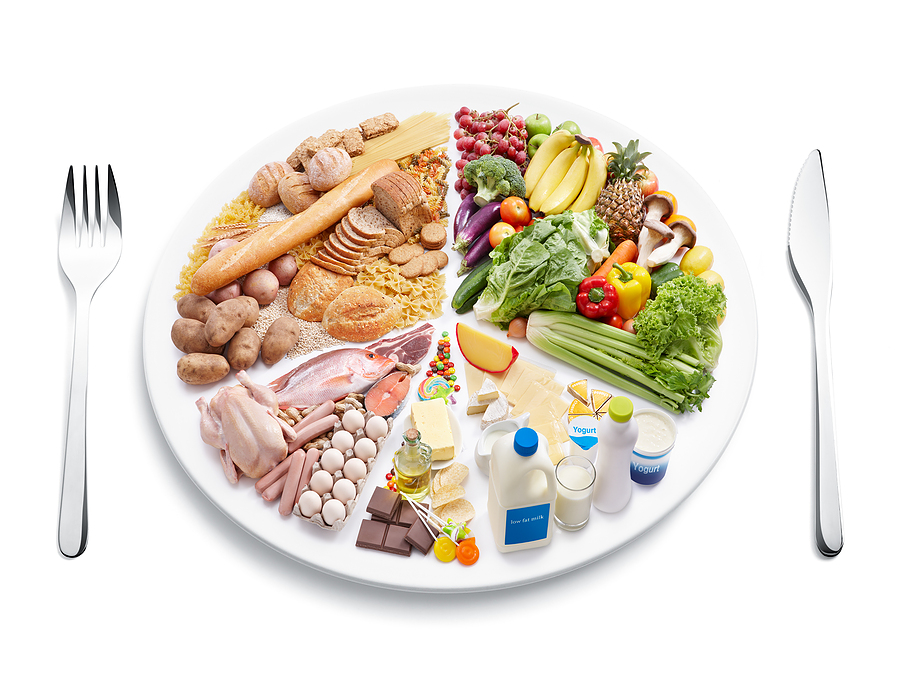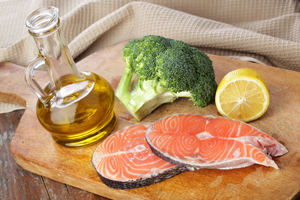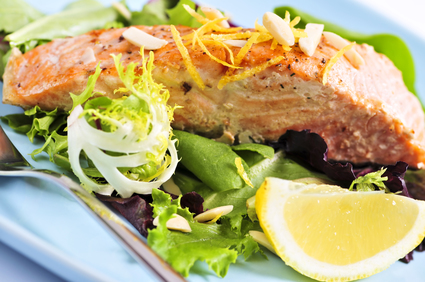
Food
Eating well is essential for good health and wellbeing. I am sure we can all see the direct link between food and our bodies, after all when we eat too much we get bloated, put on weight etc, and when we don’t eat enough we feel hungly and tired and lacking in energy. BUT what you may not realize is the important influence food has over our mental health!
Blood sugar levels and mental health
Blood sugar fluctuations can be an important factor in mental health and especially anxiety. In short, when we eat a sugar/simple carbohydrate our blood sugar quickly goes up, our body then produces insulin which drops our blood sugar quickly back down again creating a ‘crash’ or ‘slump’ in blood sugar which in turn can make our energy ‘crash’ or ‘slump’.
This crash can make us feel fatigued, light headed, affect our concentration and produce other symptoms akin to panic. This can very quickly trigger our fight or flight response. The symptoms intensify and the anxiety cycle is started.
A way you can combat the effects of this rollercoaster of blood sugar levels is to eat less simple carb (sugars, white grains, processed starches) and eat more complex carbohydrates (whole grains) and protein (meats, fish, eggs e.t.c).
Processed Vs Natural
Natural, local and organic really is the best way to go. If you can’t go local and organic, then homemade trumps processed food every day of the week. It does not have to be hard. A simple meat, potato and two veg dish, a stir-fry or rice salad takes so little time and little cooking skill.
There are good alternatives out there and simply lookg at the labels these days will help you make informed choices. Avoid MSG, hydrogenated fat and aspartame wherever possible, even if you are opting for a ready meal, there are quality ones out there without these added flavours and preservatives.
See herbs for good mental health
Omega 3, 6 and 9
In a nutshell – these are essential brain foods! Getting enough of these fatty acids and getting the correct balance really is beneficial to your mind and mood.
We must get enough Omega 3, in the western world we tend to eat more Omega 6 than is necessary and eating Omega 3 balances this effect and promotes good brain health along with other additional health benefits.
Oily fish, nuts, oils, spinach and eggs are good sources - please also see more sources of omega fatty acids.
Omega supplements can be good for mental health, ask your GP or pharmacist.
Keep hydrated
This is SO important, the amount of times I think ‘I am going to have a panic attack’ and I realize I haven’t had a glass of water for hours!
Dehydration can provoke anxiety symptoms. The body feels under threat and goes into FOF mode. Anxiety attacks themselves can exacerbate dehydration.
Getting enough water is essential and we suggest 5-8 glasses of pure water a day, on top of any beverages you may also have.
Triggers to avoid
Caffeine, alcohol, high sugar snacks, nicotine and fizzy drinks, can all trigger FOF responses, so avoid these where possible and cut down on them when you can’t.
Routine
As with sleep, relaxation and exercise, routine is very important. It allows your bodies natural rhythms to balance and be in tune with your lifestyle. Eating routinely really can help your body know when it should be doing the other things and sleep can be greatly improved by good routine diet.
Eating at regular intervals can help stop hunger and the blood sugar rollercoaster we discussed earlier. We suggest you have a regular breakfast (it really is the most important part of the day) a health y lunch and dinner.
Don’t feel you can’t snack! Instead of grazing when you feel hungry anticipate your usual snack times and have a healthy snack to hand. Eating four or five times in a day is not a bad thing, what you must do is keep it routine and keep it healthy.
Quick steps to eating for better mental health
We suggest you pull out this page and stick it on the fridge.
- Keep well hydrated - drink plenty of water
- Eat natural where possible – avoiding additives/pesticides and toxins especially MSG and aspartame
- Identify and remove anything that gives you digestive distress (allergies/intolerances)
- Eat to maintain a constant blood sugar balance
- Cut down refined carbs as much as possible – opt for unrefined alternatives including: whole wheat, brown rice and brown sugars
- Add more omega fatty acids to your diet
- Eat routinely and allow yourself time to digest before heavy work/exercise
- Avoid trigger foods/drinks as much as possible – alcohol, caffeine, high sugar drinks and snacks, and additives.
- Avoid taking medications you do not need: for example ibuprofen and aspirin can unbalance the gut (always check with your doctor)
- Ensure you have a good diet that gives you plenty of vitamins and minerals
Diet changes should be done in a controlled way over time to give the best effects, and not to unbalance you further.
Our feature 'Food for good mental health' gives detailed information on eating for specific mental illnesses and emotional distress.
This introduction was taken from Charlotte Fantelli's 'Overcoming Anxiety Programme' written for Mental Healthy.
Related Guides


































